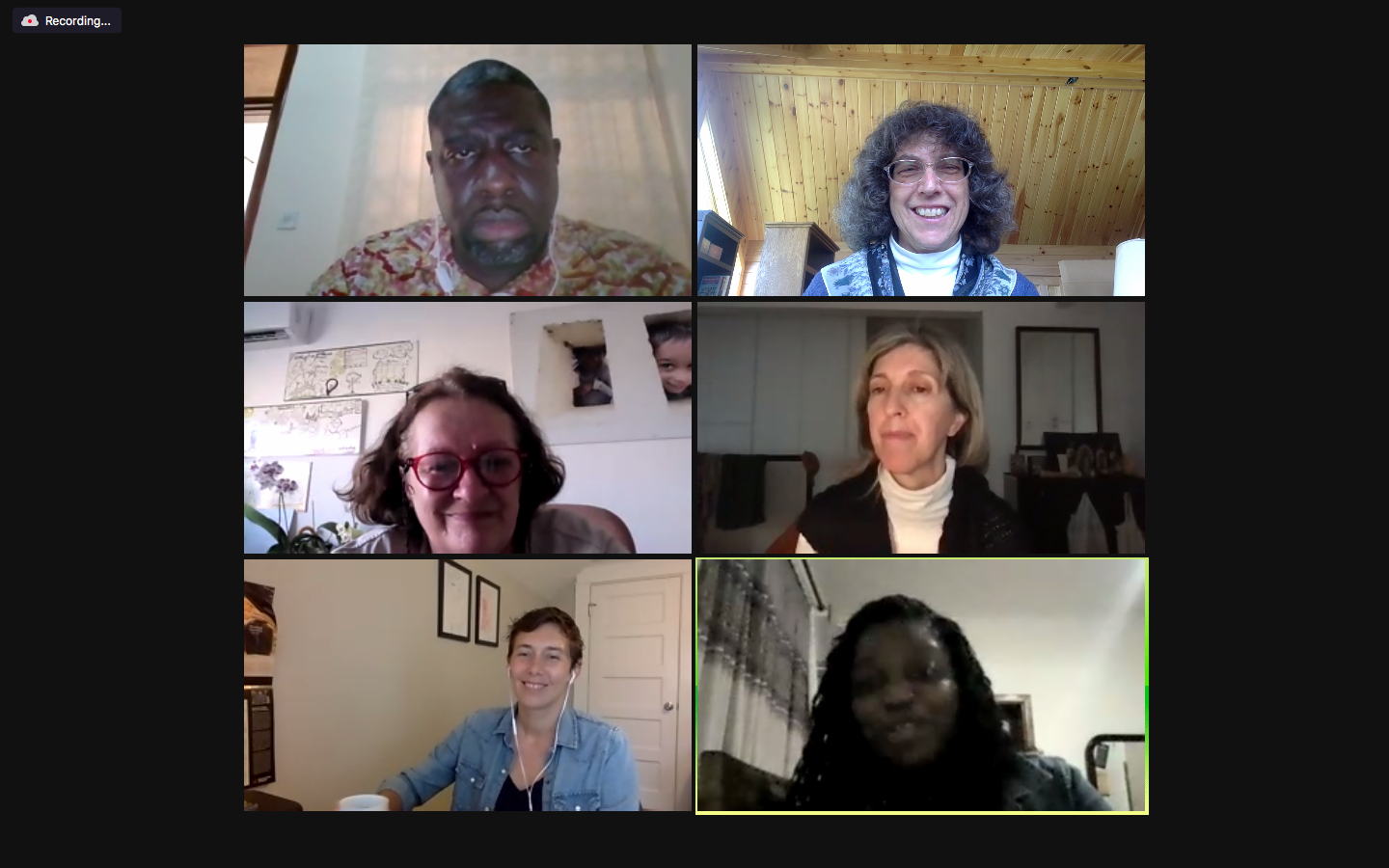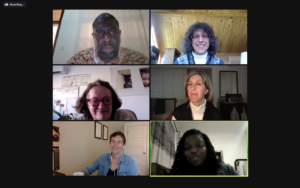Readers of this blog will know that for the past few years I have written about a project I founded and manage called the Testing Change project. The Testing Change project, through a global collaborative, designs and tests operational changes that are needed to keep organizations relevant while facing a daunting set of challenges (which have only increased since we started the project). We have had working groups on youth integration and impact assessment and our most recent working group is around leadership. The type of leadership needed to navigate significant change was always implicit in our work but as the project evolved it became more evident to the Steering Group that a specific working group on leadership could be a valuable piece to the change puzzle.
One of the unique aspects to the Testing Change project is the multi-year testing of new approaches. There are many excellent leadership programs that help leaders to strengthen their skills and broaden their approaches but few that we are aware of that take a peer group through the process of applying these approaches directly to their leadership of their current organization and with the support of a peer group try to analyze their progress and its impact (what I like to call the ‘So What?’ question – why are we doing this and what are we accomplishing?).
We start each new working group with a roundtable to try and assess if this focus is indeed a ‘gap’ that needs additional attention or if it is being done elsewhere. As part of this ‘due diligence’, we also begin a resource list. If we conclude that the focus we are considering is indeed a ‘gap’ the project should pursue, the resource list and the roundtable discussion helps inform the working group. We held the roundtable virtually in December 2020. Comments from participants included that leaders increasingly need to master some of the following skills:
- Better understanding behavior change and how to use it for effective and sustainable organizational change.
- Understanding ourselves and how we as individuals influence how we shape organizations (ie how do our personal perspectives and challenges come into the workplace? who holds power? and how can we shift it?)
- Negotiating harder, deeper group conversations needed for change (eg around mental health, trauma, gender and race).
- More agile approaches to leadership – the future is less predictable and therefore leaders have to be prepared to be “unprepared” and shift quickly.
- Deciding which battles are worth taking on and which to let go. “This is the change I can affect right now” – my piece of the puzzle.
The working group of executive directors and senior managers started discussions in March and are developing their tests. Some of the ideas include: (1) Minimize internal conflict between compassion for staff and accountability for work that needs to get done; (2) How to make a distributive leadership model more visible? (3) Building and sustaining a team that lives out the organization’s values. They will then continue to share their learning and get advice from each other during the testing period.
Stay tuned!

